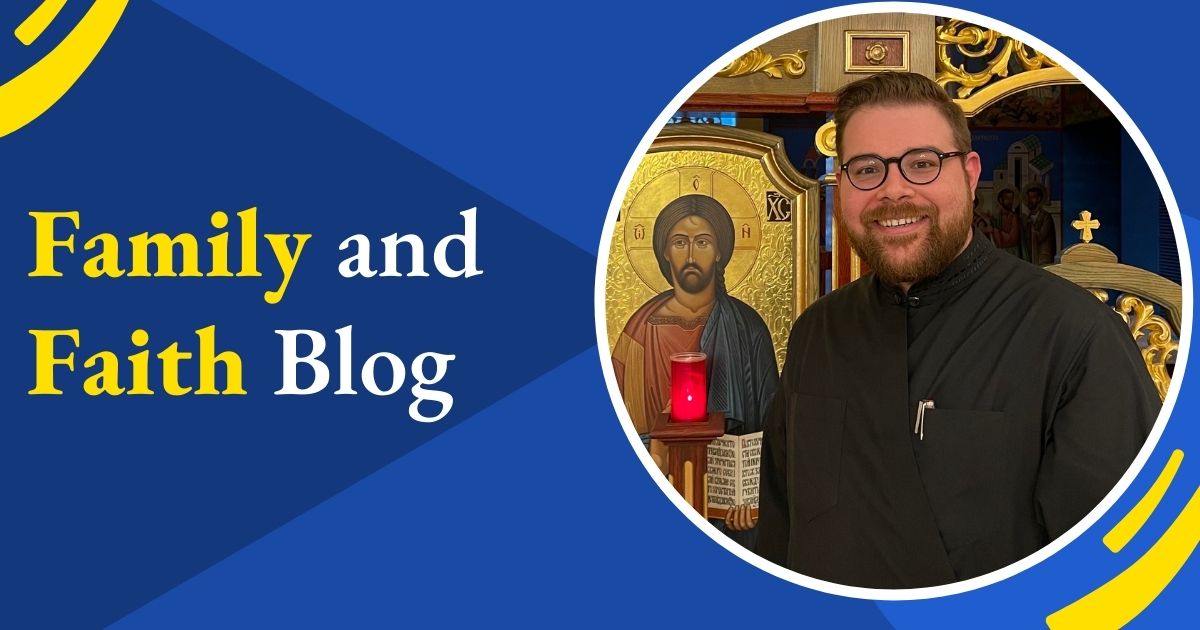I’m taking this question as it is posed. In other words, this post seeks to answer how you know if you’re ready to marry and not the question of ‘How do I know if this person is the one I should marry’ – let’s take that up in another post!
The decision to marry is a serious one. It is one of the biggest decisions a person will make in their life, and it is consequential. More than a contract, a marriage in a Catholic context is seen as a covenant between three people: a husband, a wife and God. Stating that you are ‘ready to marry’ assumes other statements as well. To state that you are ready to marry in the Church means that you are ready to undertake a lifelong and permanent commitment to another person, that you are ready to commit yourself fully to that person in lifelong fidelity and that you are ready to start a family with that person by being open to the Lord’s blessing of children and of raising those children in the Catholic faith. This is a lot to be ready for, though remember nothing is impossible with God. Knowing when you are ready to marry comes with proper discernment of God’s will for your life. So what is discernment and how do we discern well?
The Oxford English Dictionary tells us that the word “discern” comes from the Latin word discernere, from dis-‘apart’ and cernere ‘to separate’. In a way, then, discernment is an action word! How many times have we fallen back on the phrase, “I’m still discerning,” as a way of actually being indecisive? The One who discerned perfectly was Christ, whose mission was doing the will of His Father. During His earthly ministry, Christ gave us the tools necessary to be active discerners. I ask you to consider these three ways Christ taught us to discern.
1. Be Among Other People
In this time of social distancing and social isolation, being among other people may seem like a thing of the past. Psychologically speaking, we are interpersonal beings, called to be in community with one another. Theologically speaking, we are made in the image and likeness of God, a Trinity of Persons in perfect communion with one another. There’s the old adage that if you want to get to know someone well, sit at table with them. Whether or not we are ready to marry is often confirmed when we sit with other people. It’s why seminarians and religious do pastoral internship years in parishes and schools, and it’s why pastors reach out to family and friends prior to couples being married to get their opinion. We want people from the community, our family and our friends, to help us to confirm God’s will for us. It is a key element of discernment. So, what does your parish community, your work community and your broader family and friends think about your readiness for marriage? What do they say to you in conversation?
2. Trust Those Closest to You
On at least three occasions, Jesus takes only Peter, James and John to those most intimate and most sacred spaces and places in His ministry. We recall that they went with Christ to the mountain during the Transfiguration and to the Garden in Gethsemane during His Passion. Again, Christ shows us that in our lives, we move from a broader community discernment to a more intimate discernment with a few close and very trusted confidants. Talk to a few close friends. What do they think about your readiness to marry? What do they say about your intended spouse?
3. Climb the Mountain and Pray
Many times in the Gospel, most often before or after a significant event in His ministry, Jesus goes off to pray. After He was baptized by John and before His public ministry, we read that Jesus “was led by the Spirit” (Mt. 4:1) into the desert to fast and to pray. When Jesus heard about the death of John the Baptist, “[He] withdrew in a boat to a deserted place by himself” (Mt. 14:13) and immediately following that we read of the miracle of loaves and the fish. After that miracle, the apostles leave and Jesus goes up the mountain, alone, to pray (Mt. 14:23; Mk. 6:46). Jesus teaches us that in order to discern well, we have to have a life rooted in personal prayer with God. We move from a discernment in the broader community, to one with only our closest family and friends to one of pure intimacy with our God. Whatever comes and goes in our daily life, our prayer has to remain constant. It might not always be able to be in a formal prayer setting like the Divine Liturgy in a Church or one of our other services, but we always need to take those quiet moments and make them holy throughout the day.
If you undertake these steps of discernment, I am confident the Holy Spirit will lead you to fulfill your true baptismal calling.
John J. Vizza is a canon lawyer and seminarian studying for the Ukrainian Catholic Eparchy of Edmonton. He has graduate degrees in psychology, canon law, and theology. He is married to his wife Rebecca and they have four children.

